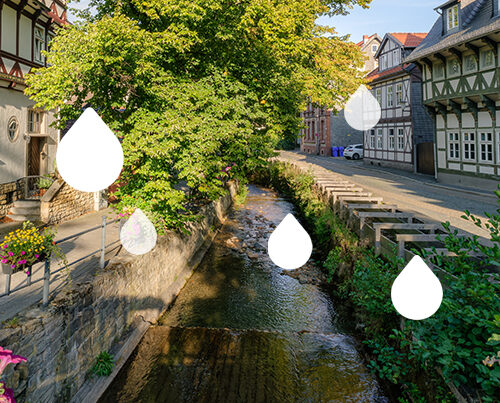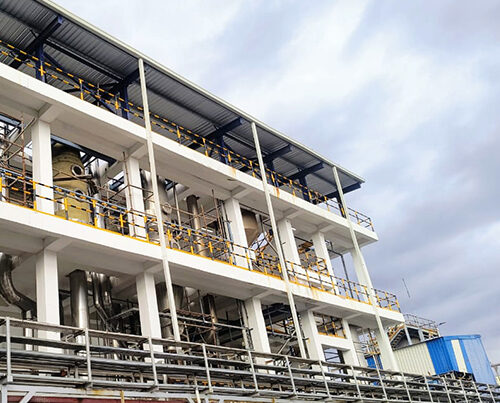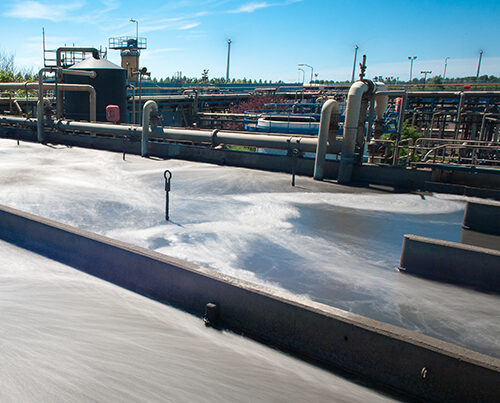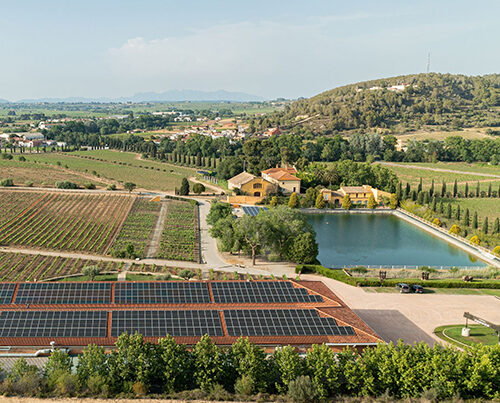The difference between perception and reality
When the question is asked as to who should be in charge of drinking water in Germany, in the public realm and especially among representatives of municipal interests it is posited in an almost knee-jerk manner that drinking water must not be put in private hands. After asserting this, participants in discussion forums and public servants in public offices throughout Germany then like to refresh themselves with a big chug of mineral water – drinking water that is only produced by private mineral springs. Paradoxically enough, emotive truths are at times more salient than hard facts. High time to check the real facts. We did a little research at the Federal Statistics Office. The result might be a bit surprising.
Water production by public water management, mining and manufacturing industry, thermal power plants and agriculture in 2013
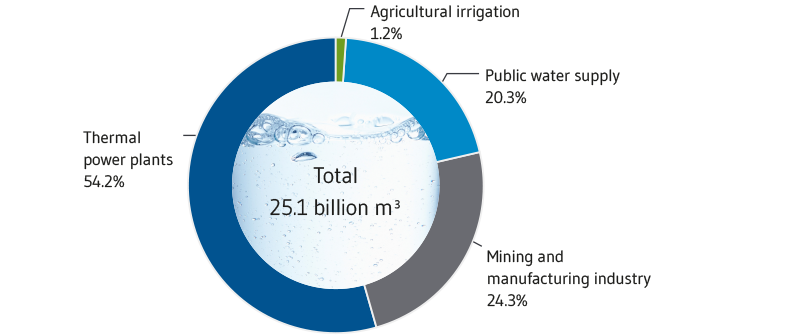
Where does all the drinking water actually go?
25 billion cubic metres of drinking water were produced per year on average over the last few years in Germany. What is interesting about it all is that the public water supply, i.e. the actual drinking water supply, only accounts for 20.3% of this. The overwhelming share goes to power plants for cooling, for mining and manufacturing as industrial water.
With regard to the potential water available, which is estimated at 188 billion cubic metres in Germany, a maximum of 2.7% is used for the public water supply. This would appear to refute the arguments repeatedly forwarded like some sort of mantra by large portions of the political arena as well as some sections of public opinion asserting that 100% of the water supply should be in state hands.

Water supply and water usage 2013
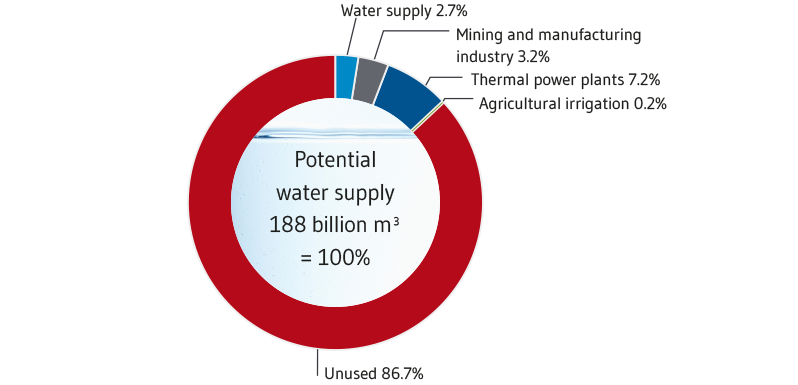
Local residents benefit from competition
Of course, no private enterprise can own water, as water is an elemental foodstuff that has to be available to everyone without restriction and hence belongs to everyone. But especially in developing and newly industrialising countries, it has been evident for decades how the water supply of human beings and their health suffer when government water monopolies do not apply enough capital in order to keep the supply infrastructure abreast of the state of the art in technology. Municipal partners as well as the citizens of this country can thus relax. It is not about ownership of water, but about the construction, operation and maintenance of the best possible infrastructure. Private water management is the ideal partner for this and to ensure that in the end everyone using the water tap at home and at work profits from competition for the best services and the most attractive price.

Image credits: image 1: iStock: Mutlu Kurtbas; image 2: © REMONDIS; image 3: Adobe Stock: Ramona Heim







